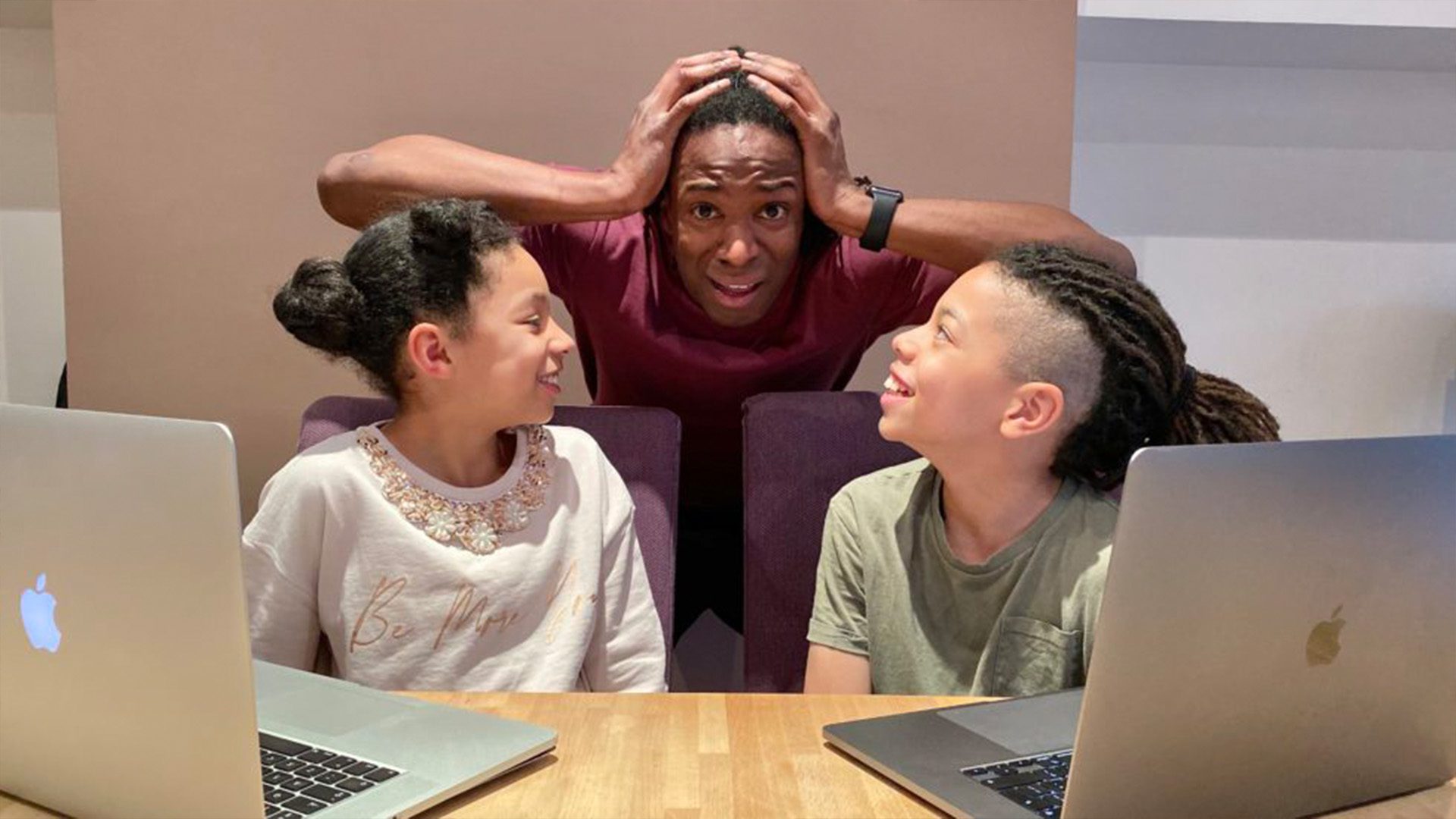Need homeschooling tips during lockdown?
Here are Mr W’s top homeschooling tips during lockdown. Being a primary school teacher from the north of England these simple tips should take a little bit of the stress out of the homeschooling process.
The most sensible answer is to follow the guidance your school has set. I know from my fortunate position behind the scenes at school, that all staff at every school are working hard to develop the best home-school tasks; to maintain learnt knowledge and further develop the kids’ thinking. Whilst it’s difficult to manage work with little to no contact, every teacher I know wants the best for their children; it is the vocation they signed up for. If they can help, I know they will try!
But I know it can be challenging to complete school-work at home without specialist resources, or experience in education and certain topics might feel like a mystery – especially if you didn’t learn it at school yourself!
Here are my top ideas to engage your children in some positive learning experiences at home:
1. Use the resources around you!
I often talk to parents about ‘incidental learning’, although I am sure It is known by other names too. Incidental learning is encouraging children to apply their learnt skills around day-to-day tasks and engaging them in topics of their interest. For example, you might use maths to add up the weekly shop, or discuss what helps the flowers grow in the garden. Could they learn about magnetism by playing with the fridge door? Back at school before lockdown (and the current lack of sport), a favourite of my class was keeping track of football scores and calculating how many games were needed to win the league!
Incidental learning is a brilliant way to reinforcing basic, key understanding. I’ve heard it described as ‘providing a hook to hang ideas on’ and it gives children great contextual information about how the world around them works.
Incidental learning can reinforce that you do actually use the skills you learned at school! (even if you might not regularly recite Shakespeare!).
2. Enjoy the opportunities that come from family time
I spend a lot of time amongst family friends – I am missing the board games and other family activities that we enjoy together. There is so much beneficial learning (especially for younger children) that comes from these activities. From an academic viewpoint alone, board games encourage reading, developing new vocabulary and basic maths skills.
More importantly, in my opinion, playing with family and friends has a great impact on a child’s social skills. A key conversation around education at the moment is the rise of the iPad generation, or extended screen time. It has been argued that screen-time leads to under-developed social skills and poor self-regulation (the ability to stop and think before acting impulsively). Whilst no one wants to make their children lose every time (I hope!), dealing with disappointment or managing frustration is such an important skill for both adult and kids.
Family games are a great way to build these skills.
3. Use the internet!
Children at secondary school can be more independent in their learning and good resources can be found in course guides and online. Both BBC Bitesize and the new Oak Academy have excellent reviews amongst the professionals I have spoken to, and YouTube’s great for targeting specific learning in most subjects.
Equally, there are a lot of excellent apps and games that can be found linked from education websites – whilst we’re keen not to spend hours behind a screen, the internet is such an excellent resource; it seems a shame to waste it. It’s also an excellent way to engage learning for more repetitive tasks, such as times tables or spelling.
4. Don’t stress if they don’t understand, or if you can’t either!
The next of my Homeschooling Tips during Lockdown is an important one. As educators we completely understand that some things just can’t be taught at home. Equally, some topics are really challenging to deliver in a classroom and some concepts just require lots of repetition. This can be a particular challenge with older children due to more specific/high-level content, though some concepts in the primary curriculum are not simple either.
If they’re struggling, encourage your kids to practise what they can do and to get really good at that instead. If you both get stuck, then focus on what they can do. Practicing skills and becoming more secure in existing understanding will only help them catch up faster when they return to school. It also provides an excellent foundation for further learning and solving problems using the skills they already have.
5. Teach them what you love!
Everyone has a passion and whilst I am looking forward to this experience being over, I also know that a lot of families are able to spend a lot more time together than usual life-commitments allow them. This is a perfect time to introduce your children to your own passions and show them the side of you that gets excited about them!
The best teaching I have ever delivered in a classroom is when I’m in love with a subject. I look forward to afternoons spent discussing Greek Myths, Ancient Egyptian mummification, and building Iron Age Roundhouses. When I speak to older pupils, I’m also told that these are often the lessons they remember most.
Share what you love, and try to inspire the same! Though I take no blame for any ‘old music’ arguments!
I hope these Homeschooling Tips during Lockdown help you navigate these interesting times. Stay home and Stay Safe!
For more tips and posts aimed at helping dads make sure you head to the Dadvengers Blog. And if you would like to contribute please don’t hesitate to get in touch.
